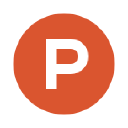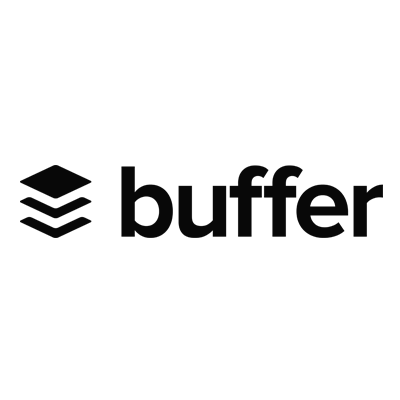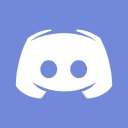How We're Building A Super Fast Productivity App & Got Into YC
Hello! Who are you, and what business did you start?
My name is Julien Quintard. Years ago, I was a researcher in a field that recently became very popular with the blockchain. I founded my first startup in 2010, named Infinit, which I sold to Docker in 2016. I then took over the management of Techstars’ accelerator program in Paris from 2018 to 2020.
I started Routine because none of the hundreds of entrepreneurs, investors, and managers I talked to were happy with their productivity tools. So at Routine, we are building the next-generation personal productivity app by combining tasks, notes, and time with automation and a blazingly fast interface.
The company is still pre-revenue as we are focusing on building the best experience possible for busy professionals.
























